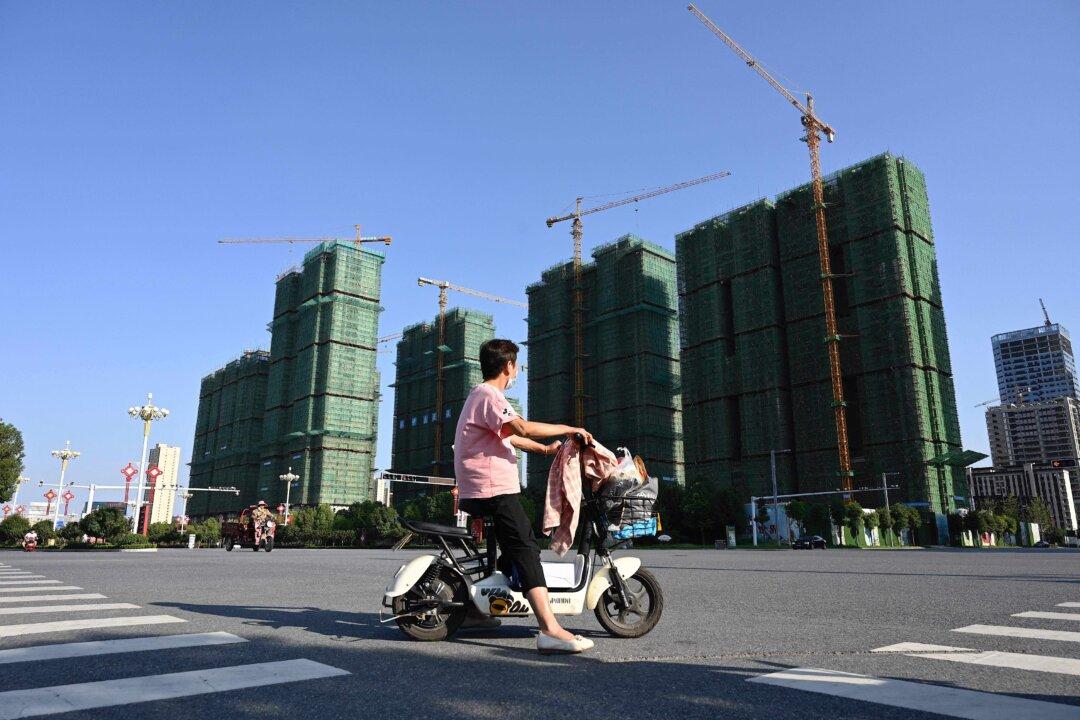News Analysis
The latest raft of economic indicators confirms the sorry state of China’s economy. The second quarter’s gross domestic product (GDP) disappointed both official and unofficial expectations.

The latest raft of economic indicators confirms the sorry state of China’s economy. The second quarter’s gross domestic product (GDP) disappointed both official and unofficial expectations.